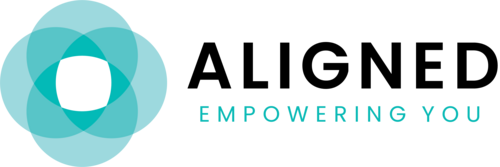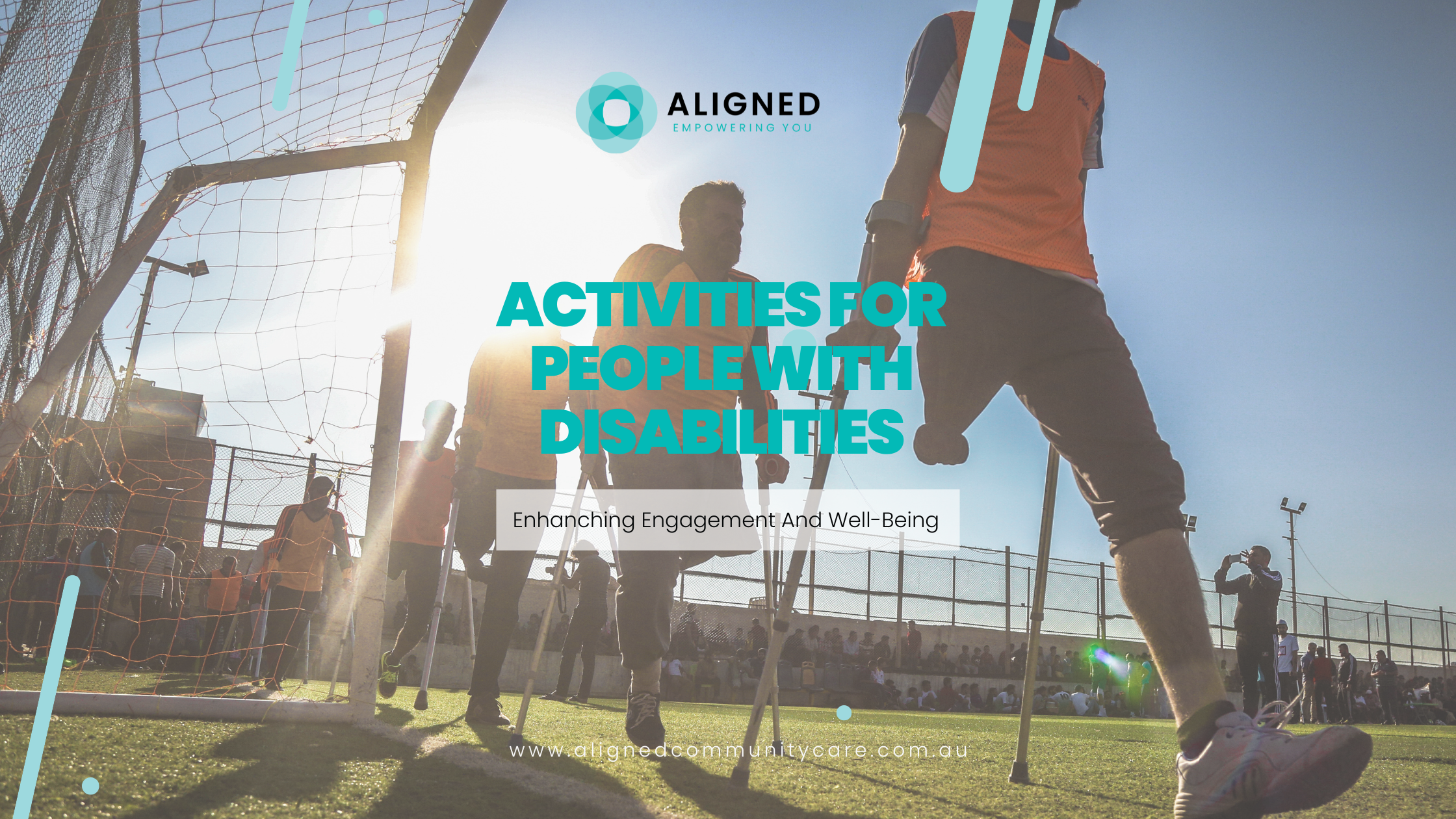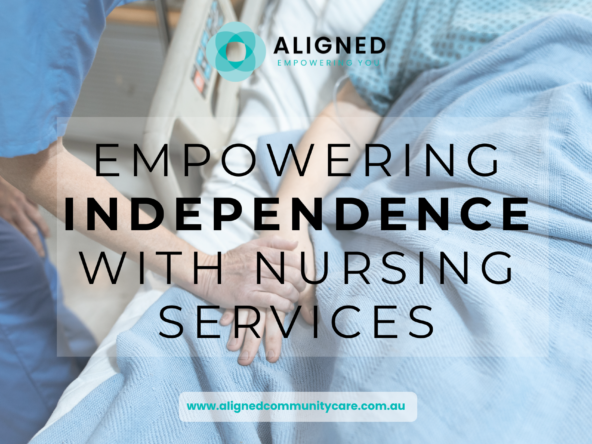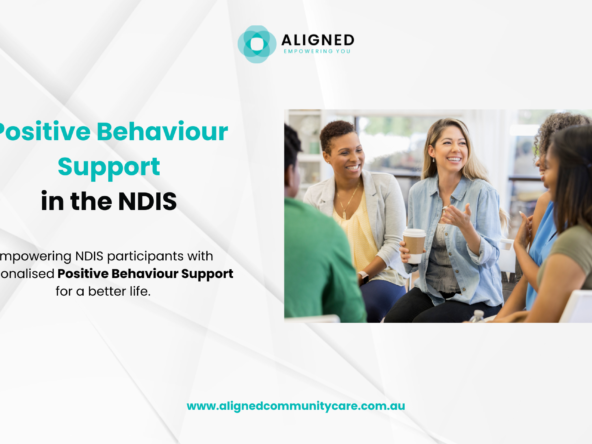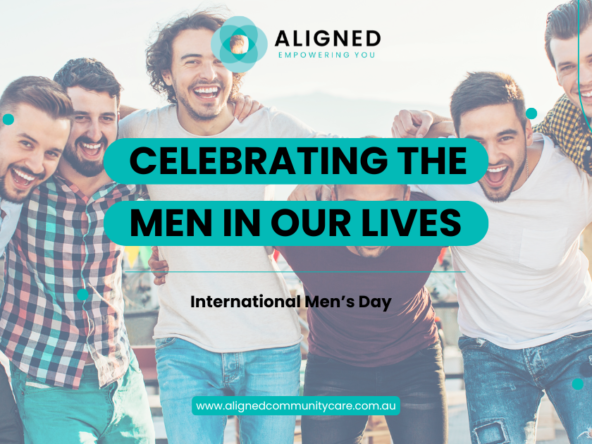Activities for People with Disabilities: Enhancing Engagement and Well-being
Engaging in diverse activities is essential for the overall well-being of individuals with disabilities. The NDIS in Australia offers a variety of programs to ensure that people with disabilities can participate in activities that promote physical health, mental well-being, social connections, and skill development. Here, we explore various categories of activities that cater to different types of disabilities, ensuring inclusivity and enhancing quality of life.
Physical Activities
Adaptive Sports and Exercise: Physical activities are crucial for maintaining health and fitness. Adaptive sports such as wheelchair basketball, para-swimming, and adaptive yoga are tailored to meet the needs of individuals with physical disabilities. These activities not only promote physical health but also boost self-esteem and provide opportunities for social interaction.
Therapeutic Recreation: Activities like aqua therapy, dance therapy, and horse riding (hippotherapy) offer physical benefits while also addressing therapeutic needs. These programs are designed to improve mobility, strength, and coordination, making them suitable for individuals with various physical disabilities.
Creative and Expressive Activities
Art and Craft Workshops: Engaging in creative activities such as painting, pottery, and crafts can be incredibly therapeutic. These activities provide a medium for self-expression and creativity, helping individuals with intellectual and developmental disabilities to communicate their feelings and thoughts effectively.
Music and Drama Therapy: Music therapy and drama activities are powerful tools for emotional expression and social interaction. These activities can be adapted to suit individuals with cognitive impairments, helping them to improve their communication skills and build self-confidence.
Social and Recreational Activities
Community Outings and Events: Social activities play a crucial role in enhancing the quality of life for people with disabilities. Community outings, such as visits to parks, museums, and cultural events, encourage social interaction and provide opportunities for learning and exploration. These outings can be organized with accessibility in mind, ensuring that individuals with various disabilities can participate.
Support Groups and Clubs: Joining support groups or clubs focused on shared interests can provide a sense of belonging and community. These groups offer a supportive environment where individuals can share experiences, form friendships, and engage in meaningful activities.
Educational and Skill-Building Activities
Life Skills Training: Life skills training programs focus on developing essential skills for independent living. These programs cover areas such as cooking, budgeting, personal hygiene, and time management. Tailored to the needs of individuals with intellectual disabilities, these activities help participants gain confidence and autonomy.
Vocational Training and Employment Support: Vocational training programs prepare individuals with disabilities for employment. These programs provide training in specific job skills, resume writing, and interview preparation. Employment support services further assist individuals in finding and maintaining meaningful employment, contributing to their sense of purpose and financial independence.
Mental and Emotional Well-being Activities
Mindfulness and Relaxation Techniques: Activities such as meditation, guided imagery, and relaxation exercises help individuals manage stress and anxiety. These techniques are particularly beneficial for those with mental health conditions, providing them with tools to improve their emotional well-being.
Counseling and Psychotherapy: Access to mental health support through counseling and psychotherapy is essential. These services provide a safe space for individuals to discuss their challenges, develop coping strategies, and improve their overall mental health.
The NDIS in Australia plays a pivotal role in facilitating access to a wide range of activities for people with disabilities. By offering programs that cater to physical, creative, social, educational, and emotional needs, the NDIS ensures that individuals with disabilities can lead fulfilling and engaged lives. Whether through adaptive sports, creative workshops, community outings, life skills training, or mental health support, these activities empower individuals to thrive and achieve their personal goals.
